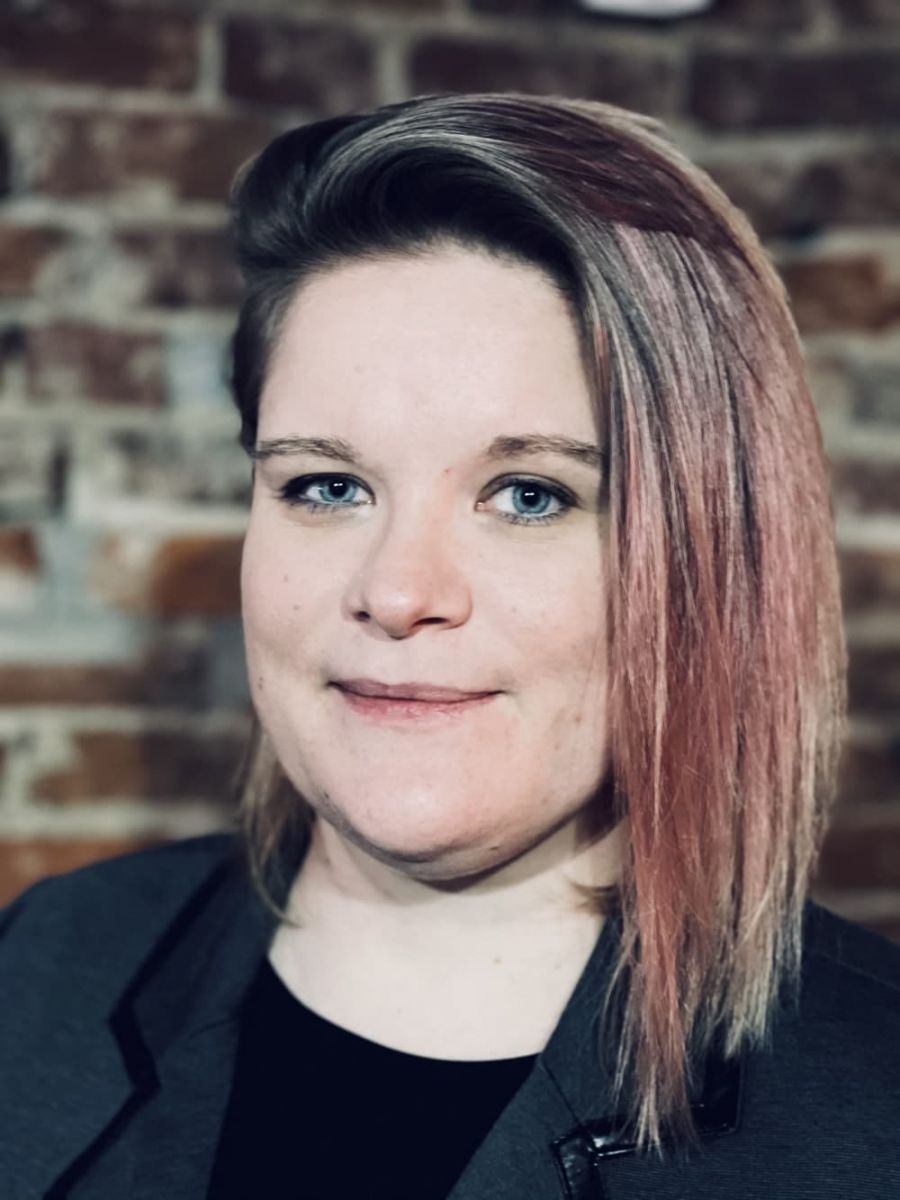 Human trafficking, the kidnapping and slavery epidemic, is a serious crime and a grave violation of human rights. Could processes designed to help companies maximize profits give law enforcement ways to make the business of human trafficking worse, rather than better, for criminals?
Human trafficking, the kidnapping and slavery epidemic, is a serious crime and a grave violation of human rights. Could processes designed to help companies maximize profits give law enforcement ways to make the business of human trafficking worse, rather than better, for criminals?
A doctoral student in Purdue University’s Polytechnic Institute thinks so, and she’s applying her expertise in process improvement towards human trafficking research.
Gianna Lint, who just completed her second semester in the Polytechnic’s Doctorate of Technology program, is a Six Sigma black belt, which means that she is an expert in process improvement. She holds multiple patents for a variety of consumer products available in stores today.
After meeting Chad Laux and Kathryn Seigfried-Spellar, associate professors of computer and information technology, and learning about a recent Polytechnic-sponsored Design Innovation Challenge that focused on human trafficking, the issue caught Lint’s attention as a process challenge.
“If we apply engineering tools, such as failure mode and effects analysis, to human trafficking and we look at it as a business, we can identify its weak points,” said Lint. “But, instead of improving the process, we use what we learn to make it more difficult.”
Failure mode and effects analysis (FMEA), first employed by the United States military in the 1940s, is a tried-and-true approach to identifying all of the possible failures in a design, process, product or service. FMEA’s goal is to prioritize and mitigate each potential issue before a catastrophic failure occurs. In her research, however, Lint plans to apply her FMEA experience in the opposite direction – identifying potential failure points in the business of human trafficking and then working with advocacy groups and law enforcement to determine ways to exploit those weaknesses and take down the criminal enterprise.
“This is a way to be proactive, to find ways to slow down the business, to prevent it from succeeding,” explained Lint. “One thing we understand quite well from industry is how businesses work. For years, we have used Six Sigma and other techniques to improve business processes, to make the best decisions, to make the most money. If we know how to make a business succeed, then we know how to make it fail. And that’s what we need to do here.”
Lint explained that industry is all about optimizing and improving – finding bottlenecks and reducing their impact. Transportation, for example, can be a huge bottleneck for human traffickers as new procedures and training for transportation workers make it harder for traffickers to move their victims from place to place.
“We want to make these bottlenecks worse. Money, logistics, transportation – that’s what this research is focused on,” said Lint. “Can we identify the process from start to finish and determine where to make it fail?”
Lint, who earned a master’s degree in mechanical engineering from Purdue, worked for 10 years as a product engineer before returning to the University to earn a PhD in Technology with an emphasis in computer and information technology. Lint has already narrowed her research to focus on Colombia, a country known for human trafficking and child labor. As part of her FMEA approach, Lint will work with community and advocacy groups in the region to identify vulnerable groups and understand how they enter the trafficking process and how they are transported.
As for the leap from product design to human trafficking research, it makes perfect sense to Lint.
“I loved creating consumer products, but this is bigger than us. It’s not as tangible as a product, but the impact is so much more meaningful than a piece of plastic on a shelf. It’s exciting to apply my skills to something bigger.”
